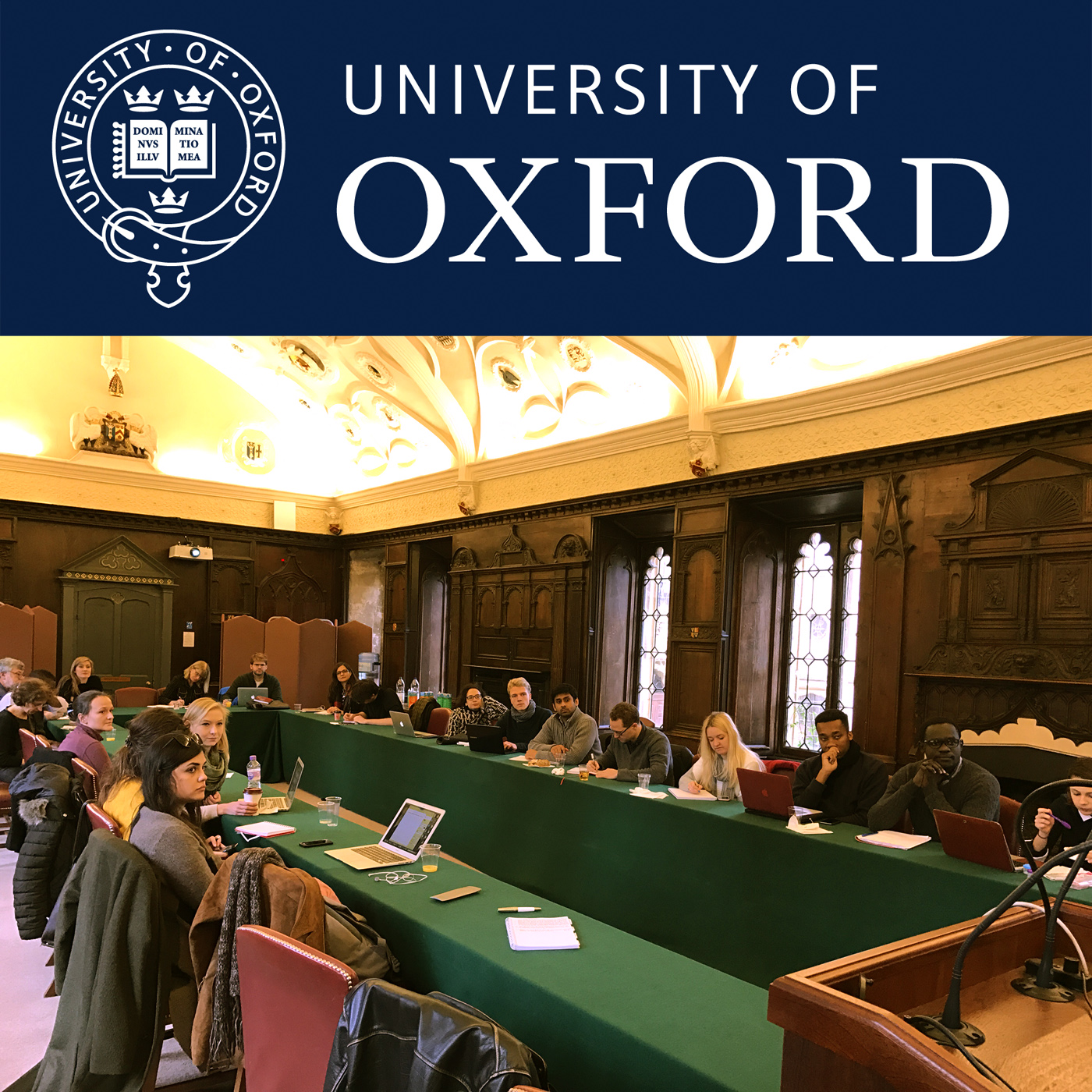Toward Inclusive Global Governance: What Role for International Law?
Description
Professor Eyal Benvenisti, Whewell Professor of International Law, University of Cambridge The rising tide of nationalism (aka localism, nativism) has reached new peaks in 2016. According to several observers, the rise of the national reflects voters’ resentment towards neoliberal globalization served by multilateral institutions. Middle-income voters, in both developed and developing countries, regard global institutions such as the WTO, NAFTA and the EU, as responsible for diverting resources and opportunities to the few, while depriving them of voice, of jobs, and depleting national social safety nets. Is it possible for multilateral institutions to regain the trust of the diffuse voters by becoming more accountable to them, provide them with opportunities to convey their concerns and assert their demands? In my talk, I will first explore the causes and consequences of the diminishing voice of key constituencies as a result of multilateralism, and then reflect on possible legal and other responses that might make global governance institutions more inclusive and consequently more egalitarian. Creative Commons Attribution-Non-Commercial-Share Alike 2.0 UK: England & Wales; http://creativecommons.org/licenses/by-nc-sa/2.0/uk/
More Episodes
What explains the rise of investor-state arbitration? To the extent that investor-state arbitration had founding fathers, what were their motivations, what constraints did they have, what was their thinking? Using documents from the American, British, German, and Swiss archives, this talk will...
Published 05/31/19
Published 05/31/19
Investment treaties are often said to have two principal effects for the states that enter into them. First, it is asserted that investment treaties act to increase levels of foreign investment in host states. Second, it is said that investment treaties have a positive effect on national...
Published 05/07/19


